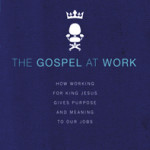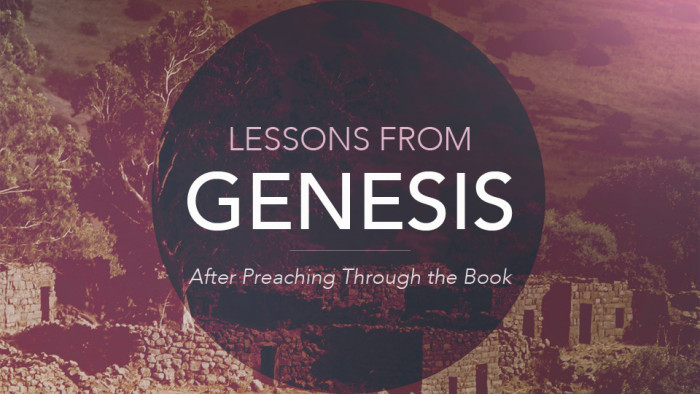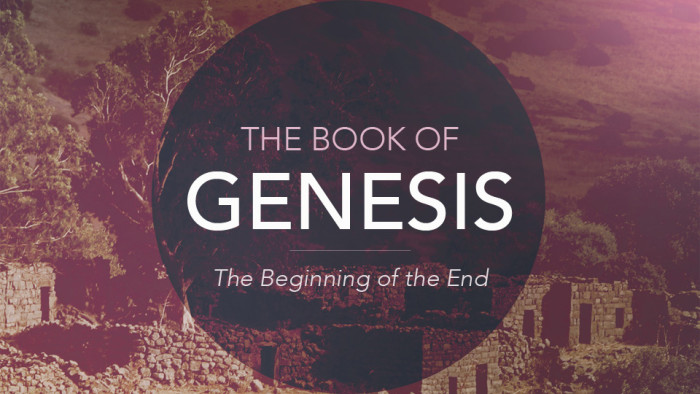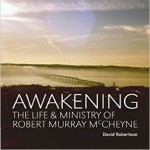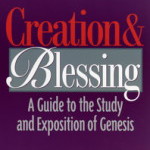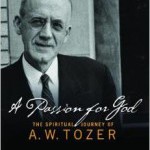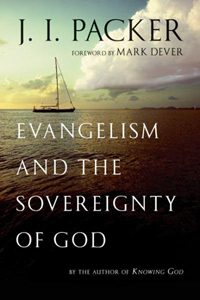 The resurgence of Calvinism in the last decade has seen a simultaneous resurgence of traditional opposition to the doctrines of grace. One perpetual objection that faith in a God sovereign over salvation inevitably limits evangelism. After all, “If God is sovereign, why evangelize? People will be saved no matter what.”
The resurgence of Calvinism in the last decade has seen a simultaneous resurgence of traditional opposition to the doctrines of grace. One perpetual objection that faith in a God sovereign over salvation inevitably limits evangelism. After all, “If God is sovereign, why evangelize? People will be saved no matter what.”
Fifty years after its initial publication, J.I. Packer’s Evangelism and the Sovereignty of God remains the go to resource for understanding how instead of limiting evangelism, God’s sovereignty actually compels evangelism. As Mark Dever says in the foreword, “Packer addresses the [tension between sovereignty and evangelism] so clearly and biblically that this book is good for anyone who is beginning to wrestle with questions of how God’s sovereignty can fit with any area of human responsibility” (8).
Not a Hindrance to Evangelism
It must be understood that this book is not a manual or blueprint for evangelistic action. Rather, it’s aim is to show that “faith in the sovereignty of God’s government and grace is the only thing that can sustain [evangelism], for it is the only thing that can give us the resilience that we need if we are to evangelize boldly and persistently, and not be daunted by temporary setbacks” (14-15). The book’s structure is straightforward and concise, the four chapter titles give a clear sense of Packer’s purpose: Divine Sovereignty, Divine Sovereignty and Human Responsibility, Evangelism, Divine Sovereignty and Evangelism.
Packer’s trademark precision and logic shine through from the start. He—somewhat surprisingly—says, “I do not intend to spend any time at all proving to you the general truth that God is sovereign in his world” (16, emphasis added). Why? “There is no need; for I know that, if you are a Christian, you believe this already” (16). So he is not proving that God is sovereign, but that you already believe God is sovereign. He offers two proofs, the first of which is that every Christian believes God is sovereign in salvation because he/she gives God thanks for his/her conversion. The second proof that every Christian believes God is sovereign in salvation because he/she prays for the conversion of others. Thus, the difficulty is not that God is sovereign, but how his sovereignty relates to human responsibility, which is the burden of chapter two.
Packer argues for calling the relationship between divine sovereignty and human responsibility an “antinomy,” not a “paradox” as many have done. “An antinomy exists when a pair of principles stand side by side, seemingly irreconcilable, yet both undeniable” (26). In other words an antinomy is an apparent contradiction, not a real contradiction. Although some people have commonly referred to divine sovereignty and human responsibility as a paradox, this is not the case. For a paradox is a dispensable, comprehensible play on words intended to unite two opposite ideas. Packer recognizes this antinomy, or mystery, may lead to the temptation to an exclusive concern with one of the two sides. The way to avoid such extremism is to make “it our business to believe both these doctrines with all our might, and to keep both constantly before us for the guidance and government of our lives” (43).
Chapter three unfolds the biblical nature of evangelism. Packer points to Paul’s evangelistic ministry as a steward, herald, and ambassador as indicative of the Christian’s role as evangelist. He expertly details the gospel, or evangelistic message, as an announcement of truth regarding God, sin, and Christ, along with the summons to faith and repentance. With the gospel clearly defined he moves on to consider motivations for evangelism. The primary motive for evangelizing is love for God and concern for His glory; the secondary motive is love for man and concern for his welfare (82-84). Before the chapter concludes with helpful test of faithful evangelism, the reader discovers that proper evangelism has one means (the gospel explained and applied), one agent (Christ through His Holy Spirit), and one method (faithful explanation and application of the gospel message).
The final chapter, chapter four, aims to show that the sovereignty of God in salvation does not affect anything previously said about the nature and duty of evangelism. Four points are offered here:
- The belief that God is sovereign does not affect the necessity of evangelism (106).
- The belief that God is sovereign does not affect the urgency of evangelism (107).
- The belief that God is sovereign does not affect the genuineness of gospel invitations or the truth of gospel promises (109).
- The belief that God is sovereign does not affect the responsibility of the sinner for his reaction to the gospel (114).
The book concludes by showing how God’s sovereignty compels evangelistic action. For without God’s sovereign grace successful evangelism is impossible. Additionally, God’s effectual calling makes successful evangelism possible and certain. This in turn gives confidence to evangelists and makes them bold, patient, and prayerful. Packer’s final paragraph is worth quoting:
What, then, are we to say about the suggestion that a hearty faith in the absolute sovereignty of God is inimical to evangelism? We are bound to say that anyone who makes this suggestion thereby shows that he has simply failed to understand what the doctrine of divine sovereignty means. Not only does it undergird evangelism, and uphold the evangelist, by creating a hope of success that could not otherwise be entertained; it also teaches us to bind together preaching and prayer; and as it makes us bold and confident before men, so it makes us humble and importunate before God. Is not this as it should be? We would not wish to say that man cannot evangelize at all without coming to terms with this doctrine; rather we venture to think that, other things being equal, he will be able to evangelize better for believing it. (135)
An Unstoppable Salvo
Evangelism and the Sovereignty of God deserves the title of “classic.” There is no work available that so clearly and warmly shows what folly it is to say, “God’s sovereignty limits evangelism.”
A strength of the work is how it models the necessity of definitions and distinctions in theological discourse. Theologians, pastors, and Christians need nuance when thinking about the deep things of God, and Packer offers glorious nuance aplenty. Nuanced theological distinctions need not be an exercise in verbosity or complexity; rather, when done rightly it serves the truth of God’s word. Much of the common discussion on this topic of divine sovereignty versus human responsibility is less than helpful because the right definitions and distinctions are not employed. Chapters 1-2 are masterful displays of how proper nuance in biblical discussion serve unity in the church.
Along these lines it must be said that chapter one represent a salvo of truth that cannot be stopped. What Christian, after reading the Packer’s logic, can truly argue they do not believe God is sovereign? Packer expertly shows how traditional objections to God’s sovereignty are inconsistent with normal Christian practices of gratitude and prayer. These arguments also represent a treasure trove of truth for Christian discipleship. In fact, the whole book is a discipleship resource par excellence.
Piper and Carson are to be noted for their aversion of Packer’s employment of “antimony,” and I am sympathetic to their critique. For I do not find divine sovereignty and human responsibility to be “seemingly irreconcilable,” but this point of critique is minor in my view. A more substantial weakness of the book is its focus on personal evangelism at the expense of corporate evangelism. I understand Packer wants to empower individual Christians to evangelize well and confidently, but the book would be well served to show how the local church—particularly the preaching of the Word—is the ordinary means by which God intends to bring people to faith in Christ.
A Must Read
Few books currently available fall into the category of “must read.” J.I. Packer’s Evangelism and the Sovereignty of God is a notable exception. I would be hard pressed to think of how any pastor, church leader, or lay member would not greatly profit from the book’s content. While it may be wished that more reflection on the local church’s role in evangelism was offered, it cannot be denied that Packer – in my view – offers the best, and clearest, dismantling of the objection that God’s sovereignty in salvation limits man’s responsibility in evangelism. We should look at this book and, like Augustine, hear a childlike voice saying, “Tolle lege!”



